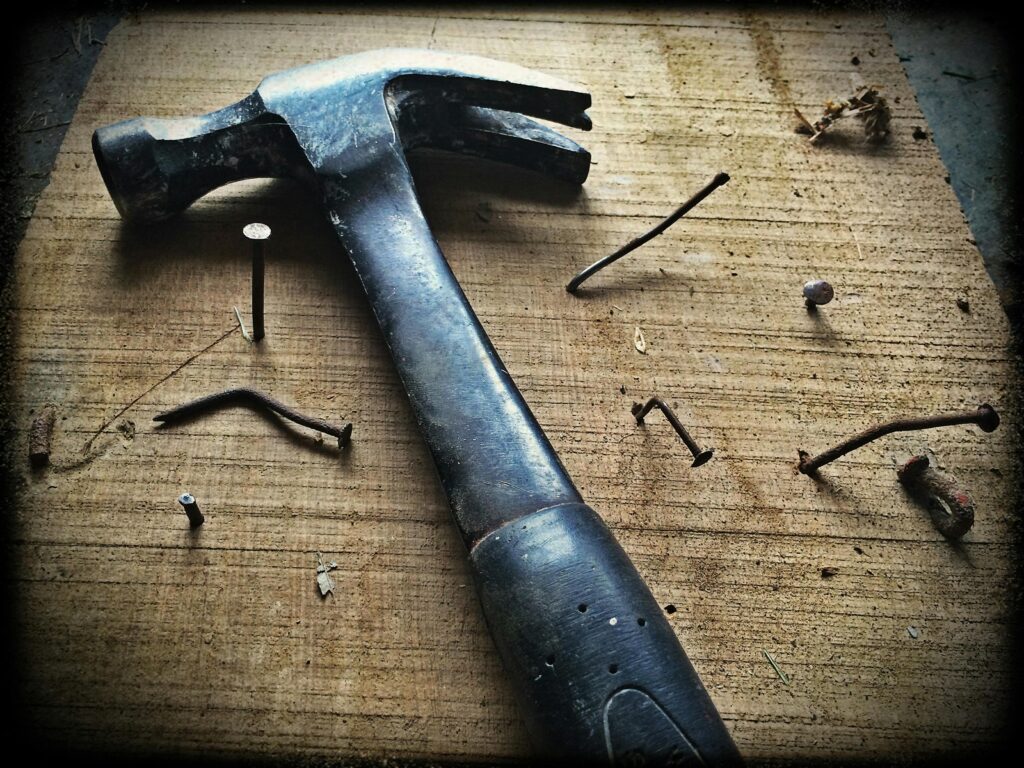Flooring Supplies for DIY Projects
Are you starting a DIY flooring project? Whether you’re renovating your home or upgrading your business, bulk flooring supplies make a difference. In this guide, we’ll discuss everything you need to know about purchasing bulk flooring materials for your DIY projects.
Why You Need Flooring Supplies?
Buying flooring materials in bulk has many benefits. It saves you money while giving you access to various materials and styles to suit your project needs. Buying in bulk also allows you to easily plan and execute your DIY project.
Understanding the Benefits of Having Good Flooring Supplies
There are many benefits to purchasing your flooring materials in bulk for your next DIY project. Let’s explore these advantages!
- Cost Savings: When you buy from a wholesale flooring supplier, you often get discounted prices per unit. If you’re budget-conscious, this is the way to go.
- Variety of Options: There are several materials to choose from, including hardwood, laminate, vinyl, or tile flooring. When you buy in bulk, you get access to all these materials.
- Convenience and Efficiency: When you buy large quantities of flooring materials, you won’t have to worry about running out part way through the project. It reduces trips to the store and project delays.
- Flexibility and Customization: This flexibility enables you to unleash your creativity and personalize your space according to your preferences. You can also get creative and personalize your space.
- Sustainability: Purchasing flooring materials in bulk is more environmentally friendly because it reduces packaging waste and transportation emissions that come with smaller purchases.
Practical Tips for Selecting Flooring Supplies
Choosing the right bulk flooring supplies is essential to any project. Here are some things to consider when choosing your flooring.
- Assess Your Needs: Before purchasing, consider your project requirements, such as the flooring material required, the area to be covered, and other special considerations, such as moisture resistance or durability. This will simplify the buying process.
- Research Suppliers: Explore different suppliers and retailers to compare prices, quality, and options. Look for reputable suppliers with a track record of delivering high-quality materials and excellent customer service. Customer reviews and testimonials provide valuable insights.
- Consider Material Quality: Alongside cost, consider the quality of the flooring materials. Look for reputable brands with high durability and performance.
- Take Advantage of Sample Programs: Many suppliers provide samples to let you test out different flooring materials before committing to a bulk purchase. Use these programs to assess the look, feel, and compatibility of various options with your project requirements.
- Calculate Quantity Accurately: Consider wastage and additional materials required for cuts, transitions, and unexpected contingencies. It’s better to overestimate than run out of products.
- Check Warranty and Return Policies: Review the warranty and return policies of the supplier before purchasing to understand your rights protections in case of defects or dissatisfaction with the materials.
Exploring Common Types of Flooring Products

When buying bulk flooring supplies for your DIY project, you should understand the different types of materials available. Each has its respective advantages and considerations. Here’s an overview of common flooring options.
Hardwood Flooring
Hardwood flooring is durable and timeless and increases your home’s value. There are many species, grades, and finishes to choose from. It can withstand scratches and scuffs and can last a century with proper refinishing. Although it tends to be expensive, it requires professional installation for optimal results.
Laminate Flooring
Laminate flooring looks like hardwood without the high price tag. It’s also durable, low-maintenance, and imitates the appearance of materials like natural wood, stone, and tile. It’s also DIY-friendly. However, it has a shorter lifespan than hardwood and does not have the same strength and texture.
Vinyl Flooring
Vinyl flooring is versatile, built to last, and budget-friendly. That makes it perfect for high-traffic areas such as kitchens and bathrooms. Styles include luxury vinyl plank (LVP) and luxury vinyl tile (LVT), which look like realistic wood and stone. Vinyl also resists water damage, but cheaper options may fade over time.
Tile Flooring
Tile flooring, including ceramic, porcelain, and natural stone tiles, offers durability, moisture resistance, and many design options. However, installing tile flooring can be labor-intensive and might require professional assistance. Some tile varieties may also require more maintenance to prevent staining and damage.
Carpet Flooring
Carpet provides warmth, comfort, and sound insulation, perfect for bedrooms, living rooms, and family spaces. It also comes in several colors, textures, and styles to suit any decor. Carpet is soft and comfortable underfoot, but it can stain, wear, and accumulate allergens. Vacuuming and professional cleaning are required to keep it looking its best.
Essential Considerations for Installation and Maintenance
After choosing bulk flooring materials for your project, plan for proper installation and ongoing maintenance. Think about these factors.
Proper Subfloor Preparation
Ensure the subfloor is clean, dry, and level before installation. Remove any existing flooring and repair any damaged or uneven areas to create a smooth surface for installation.
Acclimation Period
Some flooring materials, like hardwood and laminate, may require an acclimation period. This gives the materials time to adjust to the temperature and humidity of the installation environment. Follow manufacturer instructions to prevent warping and/or buckling.
Adhesive Selection
Choose the appropriate adhesive or installation method for your flooring material and subfloor type. Different adhesives are designed for specific applications, such as floating floors, glue-down installations, or tile mortar.
Precision Cutting and Layout
Take accurate measurements and plan the layout of your flooring to minimize waste and achieve a professional-looking result. Use appropriate tools, such as a circular saw or tile cutter, to make precise cuts and ensure a snug fit.
Follow Manufacturer Guidelines
Always refer to the manufacturer’s installation instructions and guidelines for your specific flooring product. Following these instructions will ensure proper installation and help maintain any warranty coverage.
Routine Maintenance
After installation, establish a regular maintenance routine to keep your floors clean and well-maintained. This may include sweeping or vacuuming regularly, wiping up spills promptly, and using appropriate cleaning products recommended by the flooring manufacturer.
Preventative Measures
Take proactive steps to protect your floors from damage and wear, such as using furniture pads to prevent scratches, placing mats or rugs in high-traffic areas, and avoiding exposure to excessive moisture or direct sunlight.
If you’re ready to elevate your DIY flooring project with bulk supplies, MMY Flooring is here to help. With our extensive selection of premium flooring materials and wholesale options, you can find everything you need to bring your vision to life. Contact us or visit our showroom to get started on your next home improvement journey.

